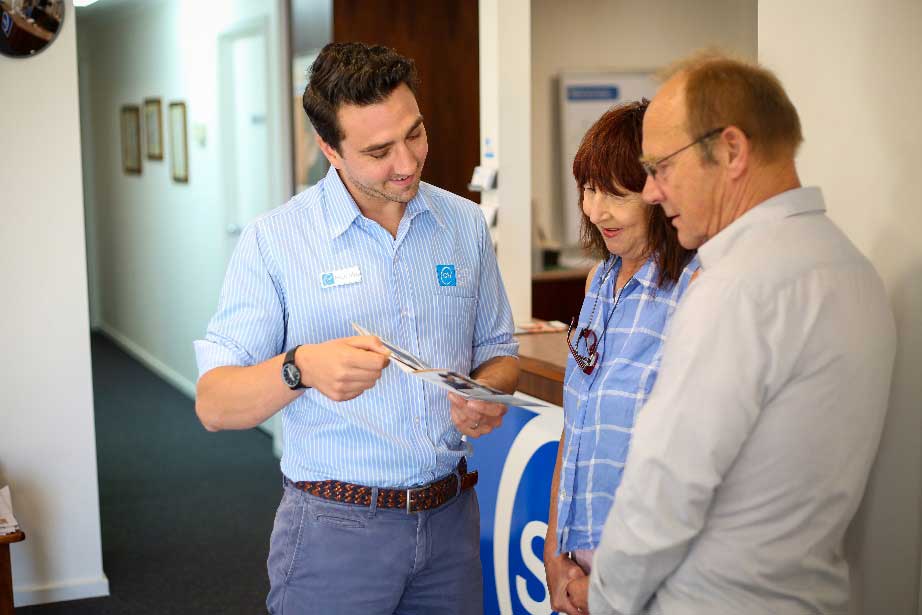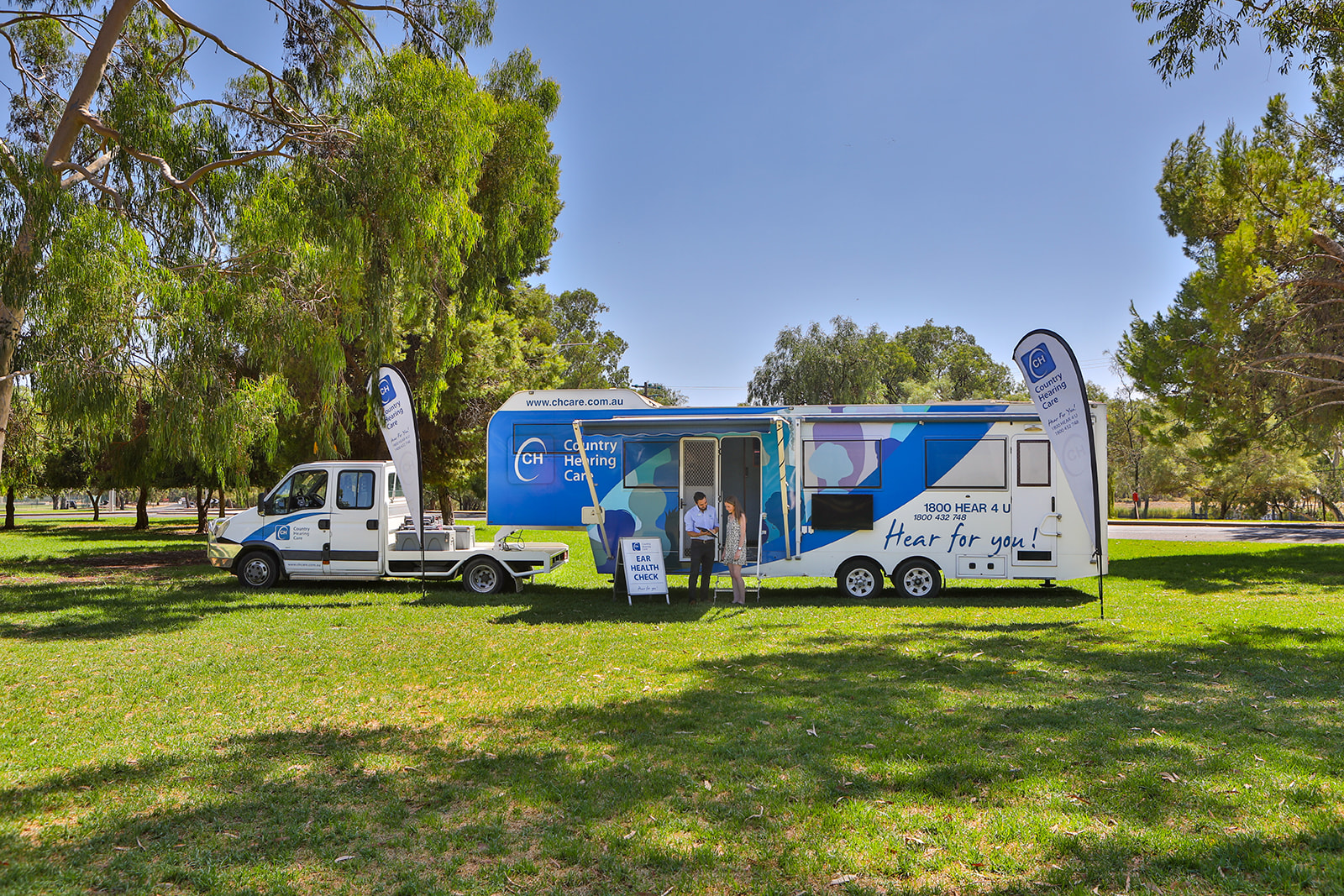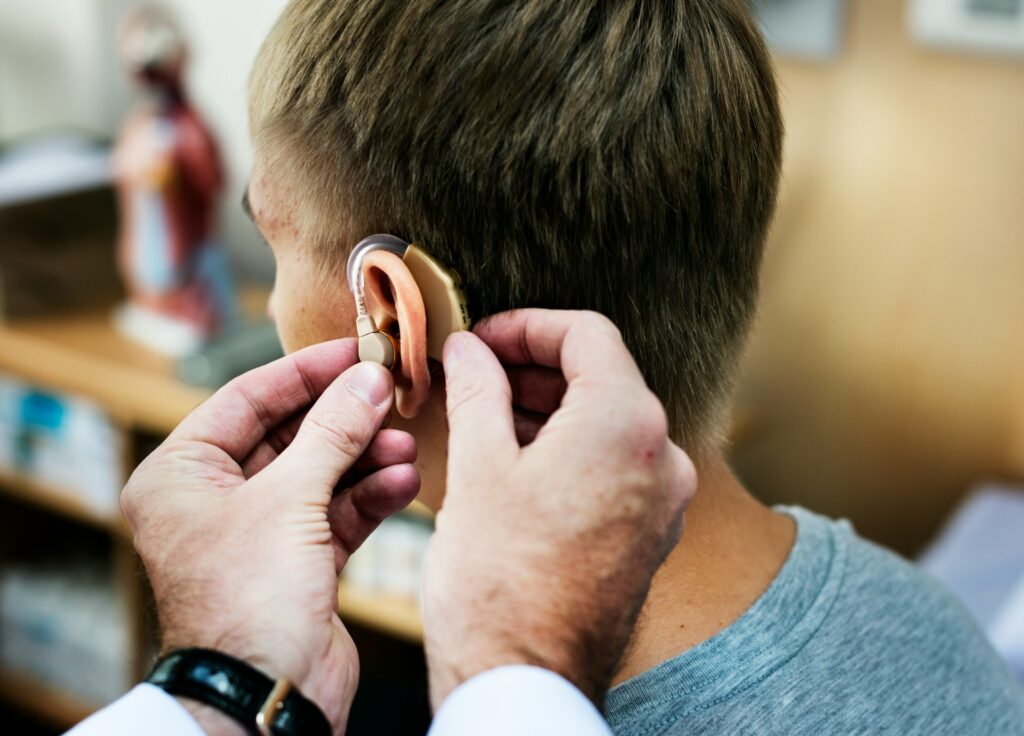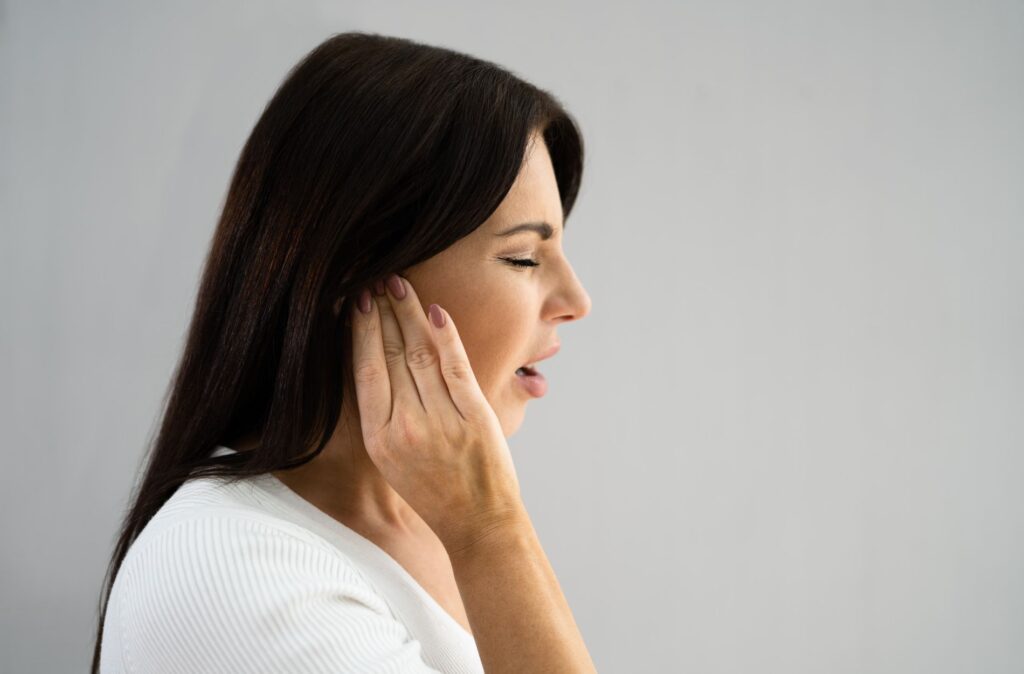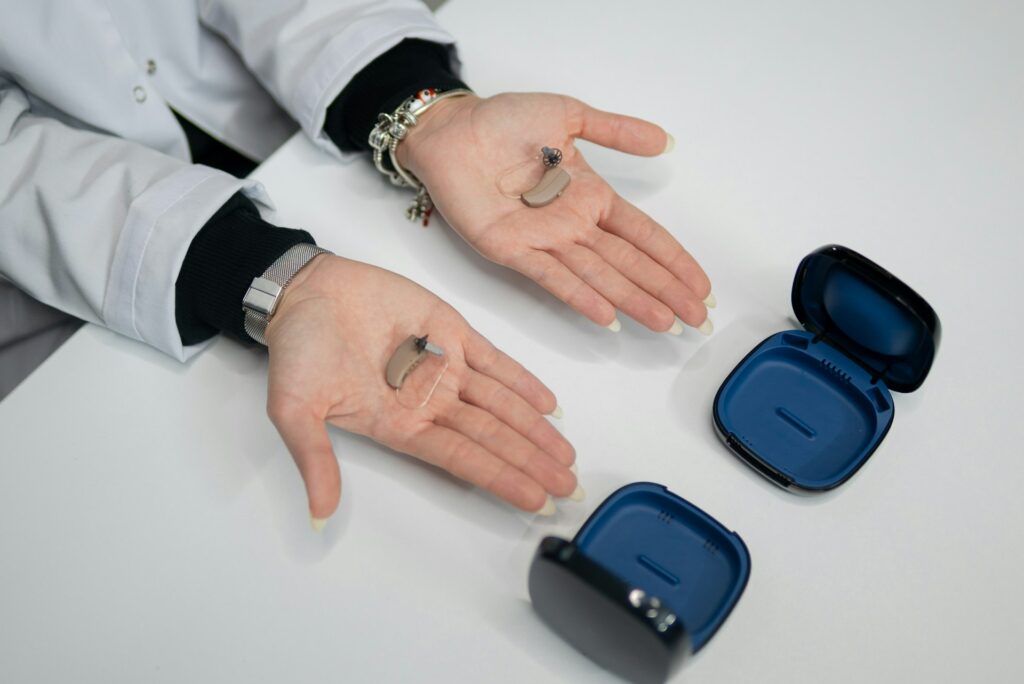Since neonatal hearing screening has become so widely used, it is now much simpler to quickly and accurately identify most kids with hearing issues.
Simple testing can detect 80–90% of hearing loss, enabling children to begin early intervention that will have the greatest positive effects on language development.
Even though your baby’s hearing was normal at the newborn hearing screening, a genetic or progressive hearing loss may not be discovered until the child is a toddler or older.
For Australian hearing test testing, diagnosis, and treatment, any early indicators of a hearing loss in your child must be discovered as soon as feasible.
The Infant and Toddler
A delay in speech development or a lack of it in a young child is the most important indicator of probable hearing loss.
It’s crucial to look out for significant developmental milestones when assessing hearing loss in a baby or young child. Your child’s speech and language development may catch up to that of children without hearing loss with the help of early detection and treatment of hearing loss.
The milestones listed here should be used as a general guide, and you should always discuss any worries with your paediatrician or seek expert hearing care.
Your baby begins to coo by the time she is three months old, learns to recognise your voice, and reacts startlingly to unexpectedly loud stimuli.
Your child will be able to identify voices and spoken sounds by the time they are six months old. He can also chuckle, experiment with his voice, and turn his head toward exciting sounds. Your baby utilises his voice to express joy and angst when speaking in a speech-like manner to caregivers.
Your child should be able to comprehend basic words like “Mommy,” “Daddy,” “no,” “bye-bye,” and his name by the time he is nine months old. Your baby should be babbling sentences of one syllable (“da-da-da-da”) that approximate speech by the time they are 10 months old.
Around 12 months, one or more audible, actual words start to emerge.
By 18 months, your child should be able to point to body parts, recognise familiar objects, and follow simple commands (without gestures). As they talk 20 to 50 words and phrases per week, your child is learning new words every week (all done,” “go out,” “Mommy up”).
Your child should be able to say 200 to 300 words and basic sentences by the time they are 24 months old. Adults who don’t speak to their children very often grasp what they’re saying. Your child should be able to listen to reading aloud while remaining motionless.
Older Child
Children with speech development may find it challenging to recognise hearing loss since they may have unwittingly acquired compensatory habits. Take note of the following signs:
- Your child occasionally appears to hear clearly while being silent at other times.
- Your child’s TV volume is louder than the rest of the household.
- Your child is expressing surprise or confusion more often than usual.
- Your child could put one ear forward while listening or complain that he can only hear with his “good ear.”
- Your child’s grades may suffer, or his teacher may comment that he doesn’t appear to hear or participate in class.
- Your child says he wasn’t paying attention to you. Many parents worry their children are not paying attention even though the hearing loss may go untreated.
- Your child starts speaking louder than usual.
- Your youngster only turns to face you when you speak to him. He might rely on cues given nonverbally.
Acquired hearing loss can develop months or years after birth and has a variety of causes. Most hearing loss in kids who don’t have clear risk factors (such as premature delivery) is inherited.
If you’re concerned, ask a paediatrician for a recommendation to an audiologist or Australia hearing services, a health professional with the education and experience necessary to assess hearing in children of all ages.
Conclusion
It is crucial to have your child evaluated by a hearing specialist as soon as you suspect they may have hearing loss. Many resources are available to help you and your family during this time—such as seeking hearing care or services.
Country Hearing Care Mildura provides expert hearing care, hearing tests, hearing aids, balance issues, hearing aid servicing, wax issues, and more. Call us at 1800 432 748 for more information.



